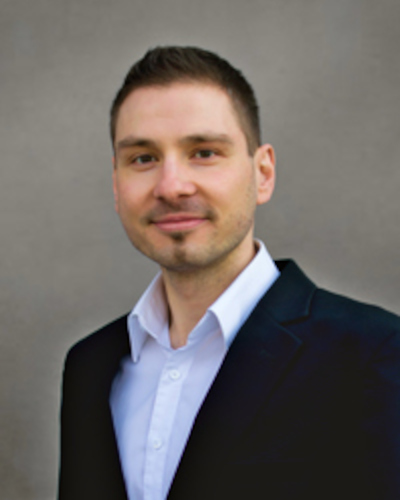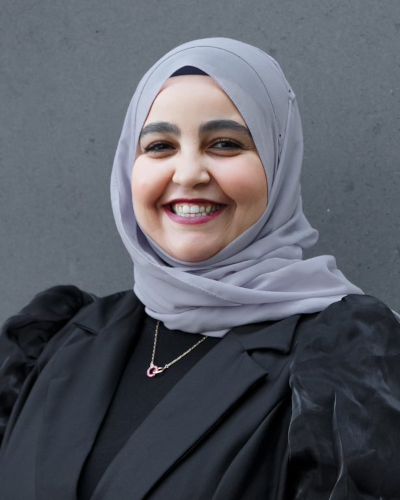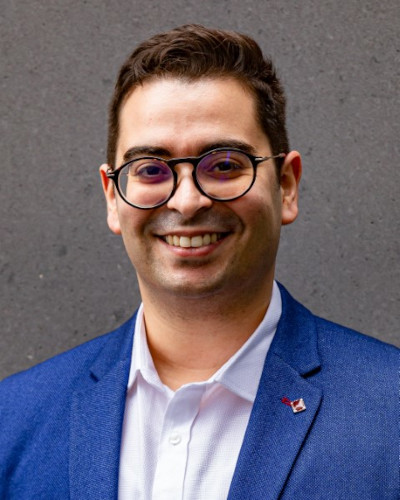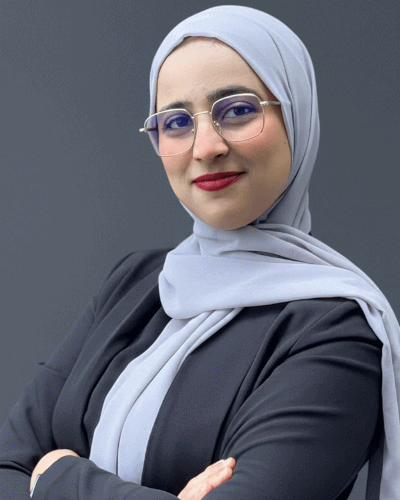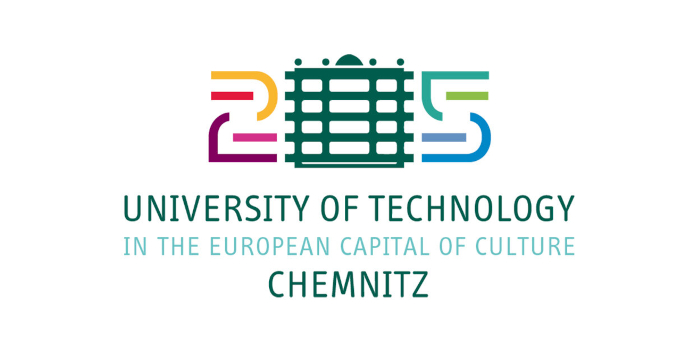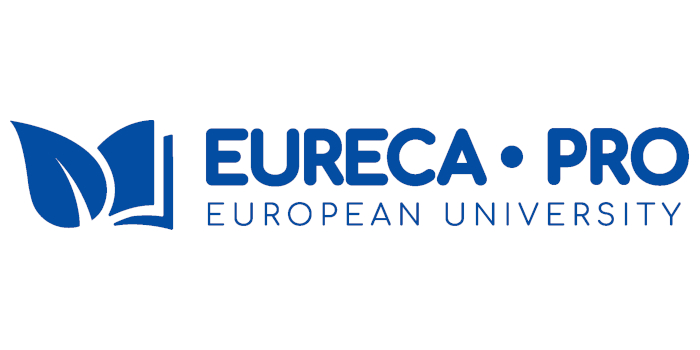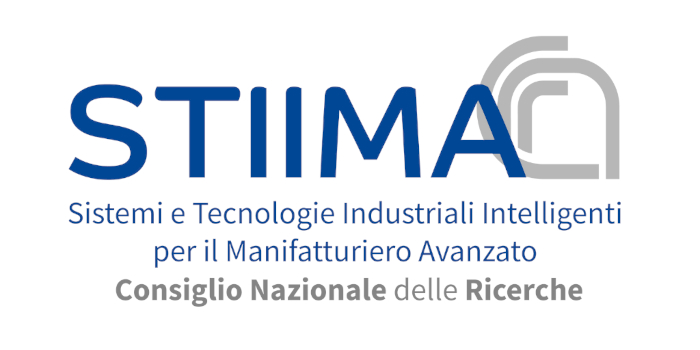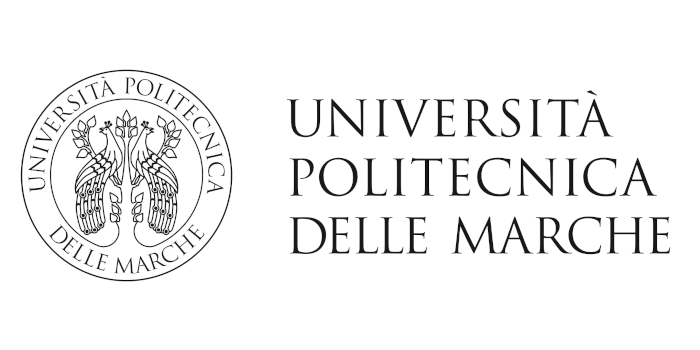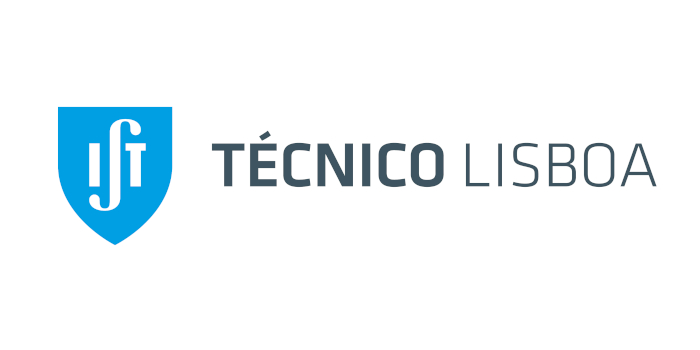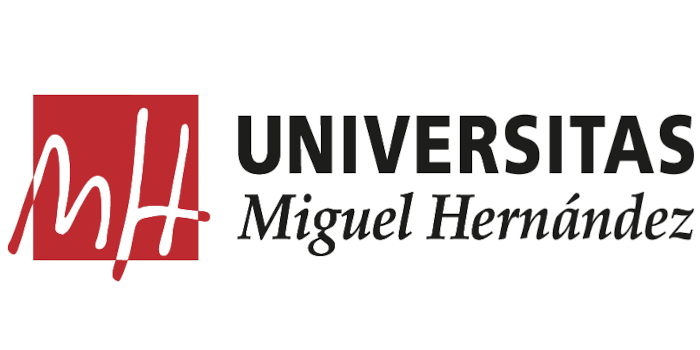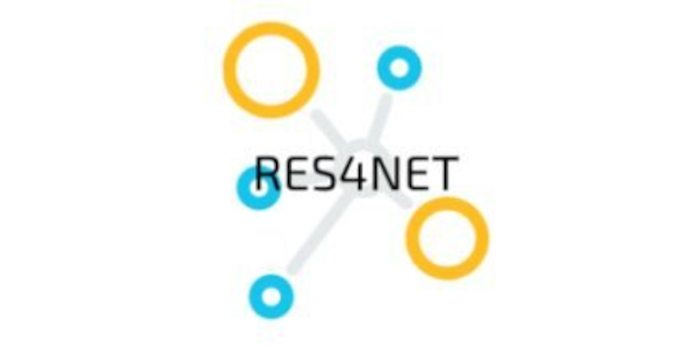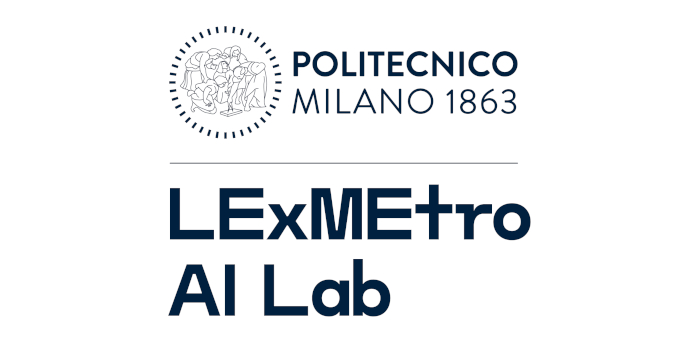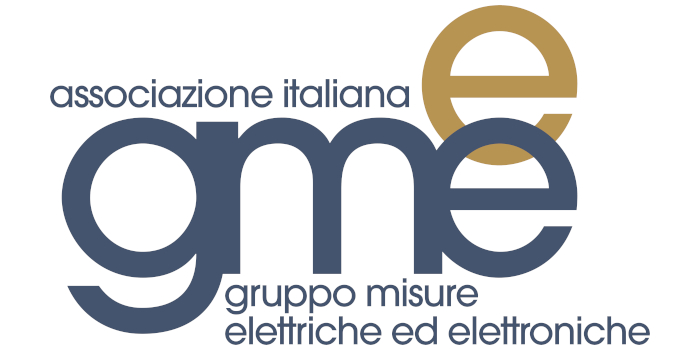THEMATIC SESSION #25
Artificial Intelligence for Energy Aware Wireless Sensor Networks
ORGANIZED BY
Christian Viehweger
TU Chemnitz
Kholoud Hamza
TU Chemnitz
Mahdi Mnif
TU Chemnitz
Fatma BenBrahim
TU Chemnitz
THEMATIC SESSION DESCRIPTION
Energy aware wireless sensor systems supported by artificial intelligence promise advantages to the state of the art by enabling on‑node inference, adaptive power management, and automated design optimization, thereby supporting long‑life, maintenance‑free sensor networks. AI reduces communication energy demand through local event detection, compression, and sensor fusion, and improves robustness via predictive maintenance and anomaly detection at the edge. Importantly, AI also contributes to the design of sensor systems themselves: topology and layout optimization, harvester‑transducer co‑design, and automated calibration workflows accelerate development and improve energy‑performance. Key challenges arise from the severe resource constraints of energy harvesting powered sensor nodes, requiring model compression, quantization, and architecture co‑design to balance inference accuracy against memory and energy budgets. Also the intermittent and stochastic energy availability, which complicates real‑time processing, checkpointing, and energy‑aware scheduling as well as security, privacy, and reliability concerns for local model training and distributed updates are challenging. Current research focuses on ultra‑lightweight AI paradigms (tinyML, spiking and event‑driven models), co‑design methodologies that jointly optimize harvesters, storage, sensors, and inference engines, adaptive algorithms that scale model complexity to available energy, and federated or incremental learning schemes that minimize communication while enabling continual adaptation. Advances in neuromorphic hardware, energy‑proportional computing, and secure, low‑overhead model update protocols are converging to make intelligent, resource‑efficient, and autonomously operating sensor networks increasingly practical.
TOPICS
Artificial Intelligence towards Wireless Sensor Networks:
- Smart energy management methods;
- Generative design of Energy Harvesters;
- Distributed neural networks, task offloading and scheduling;
- Low-power implementations of neural networks;
- Resource aware AI-processing;
- Energy aware methods and solutions;
- Smart sensor applications;
- Embedded digital twins.
ABOUT THE ORGANIZERS
Christian Viehweger works with the Department of Measurement and Sensor Technology at Chemnitz University of Technology, Chemnitz, Germany, where he is leading the group of wireless sensor systems. He studied microsystem technologies. For his Ph.D. degree in 2017, he investigated the prediction of solar energy in low-power embedded sensor systems.
Kholoud Hamza is a Research Assistant and member of the Wireless Sensor Networks group at the Professorship of Measurement and Sensor Technology, TU Chemnitz. She received her Engineering degree in Electronics and Communication from Sfax, Tunisia, in 2020, and earned her PhD in 2025. Her doctoral research specialized in self-powered and self-startup smart energy management circuits for energy harvesting.
Mahdi Mnif received the National Engineering Diploma in Industrial Informatics from the National School of Electronics and Telecommunications of Sfax (ENET’Com), University of Sfax, Tunisia, in 2021. He is currently pursuing the Ph.D. degree in a Cotutelle arrangement between the Chair of Measurement and Sensor Technology (MST), Chemnitz University of Technology, Germany, and the Digital Research Center of Sfax, Tunisia.
Fatma Benbrahim holds a Master’s degree in Mechanical Engineering, with a specialization in Structural Dynamics, from the National Engineering School of Sfax, Tunisia (2024). She is currently pursuing a cotutelle PhD at Mid Sweden University, Sweden, and Chemnitz University of Technology, Germany, where she is a member of the Wireless Sensor Networks group at the Professorship of Measurement and Sensor Technology.

